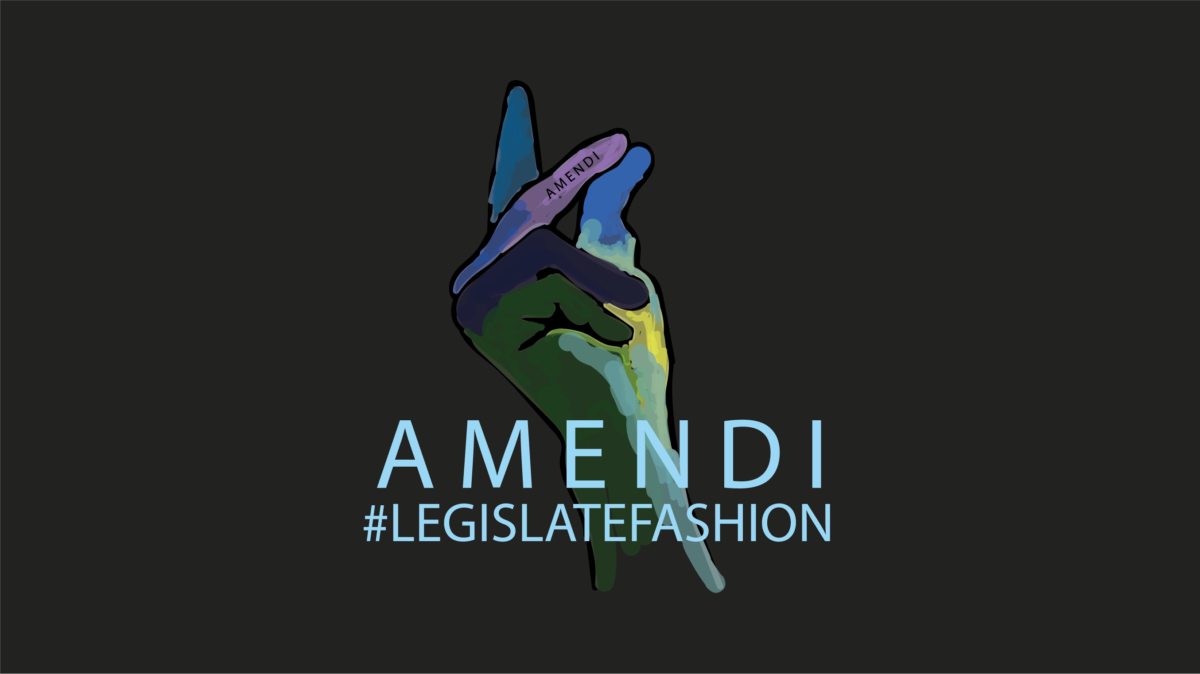LETTER TO THE FTC – UPDATE THE GREEN GUIDES
We’ve talked before about the dire need for sweeping regulation to curb unethical practices in the fashion industry. One issue we highlighted was blatant greenwashing, or the promotion of misleading information about a product’s environmental benefits. In our previous article: GREENWASHING & THE GREEN GUIDES: A CALL TO ACTION we describe the negative effects of greenwashing, and how updating the Green Guides could fight it.
We’re now ready to take the next steps.
Below is our formal letter to the Federal Trade Commission, composed by Politically In Fashion, calling for an update to The Green Guides. Already several brands, activists, buyers, retailers, and influencers have signed the letter. Now, we want to share the letter with you, our community, and the public.
Read the letter, tell us what you think, and if you wish to add your name just email corey@amendi.com or hilary@politicallyinfashion.com
We can do this!

Federal Trade Commission
600 Pennsylvania Avenue, NW
Washington, DC 20580
Telephone: (202) 326-2222
Dear Commissioners:
The Federal Trade Commission (FTC)’s Green Guides have been a valuable resource for brands,
marketers, retailers, and consumers since they were first issued in 1996. These Guides, “outline
general principles that apply to all environmental marketing claims and provide guidance
regarding many specific environmental benefit claims…[and]…explain how reasonable
consumers likely interpret each such claim, describe the basic elements necessary to
substantiate it, and present options for qualifying it to avoid deception.”1For businesses, they
provide practical advice and examples on how to accurately and responsibly make
environmental claims on products without being deceptive. There is also benefit for consumers
who increasingly want to align their values with their shopping behavior. However, the Guides
have not been updated since 2012. We write to urge the FTC to undertake a comprehensive
review of the Green Guides.
Much has changed in technology and consumer awareness in these past nine years since the
updated Guides were released in 2012. Due to the rise in the use of smartphones to access
websites and utilize QR codes when shopping in brick and mortar stores, and a pandemic-fueled
increase in online shopping, consumers are accustomed to looking for detailed information on
the environmental claims made by the brands they are shopping. The information consumers
seek must be truthful, reasonable, and useful to the average consumer.
In addition to a review of the existing guidance, consideration should be given to examining the
use of words such as “sustainability” and “organic” in marketing claims. When the Guides were
last reviewed in 2012, the FTC decided not to act in these areas. In the past nine years, there has
been an exponential growth in sustainability claims by businesses. But, without guardrails on
this term, or data to substantiate these claims, there is risk the term becomes meaningless, or
even detrimental to efforts to promote healthy environmental practices.
The United States is not alone in promulgating rules on fair and safe environmental claims. In
the UK, the Advertising Standards Authority (ASA) is tasked with ensuring advertisers do not
engage in “greenwashing”, or making unsubstantiated or broad environmental claims.
And the European Union is advancing the Sustainable Products Initiative which seeks to improve
customer communication on sustainability through mandated labeling and other practices.
We do not presuppose the outcome of an FTC review. We look forward to a robust debate and
discussion amongst all stakeholders – brands, advocacy organizations, scientific and policy
experts, and importantly, consumers.
With a new Administration and Congress, the time is right for the FTC to undertake a
comprehensive review of the Green Guides with the full participation of businesses and
consumers. We, the undersigned, stand ready to work with you on this timely and critical
undertaking.
Sincerely,